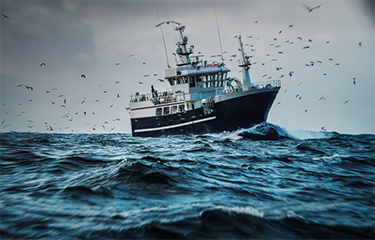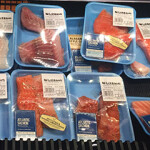Russia using tax changes, financing to incentivize fishery improvements

The Russian government has been using changes in its tax code to counter problems with fishing vessel maintenance and incentivize the production of higher-processed products and is also directly financing infrastructure improvements in its Far East Fishery Basin.
Russia’s fishing fleet has faced issues accessing foreign ports it used in the past, particularly Norway’s, where Russian shipowners performed vessel repairs. Norway closed its borders to Russian trucks and ships in May 2022 – except for fishing boats – and expanded its restrictions to cover fishing boats in October 2022. Russian vessel owners are now barred from receiving repairs at Norwegian shipyards, and can only change crew, bunker, unload, get provisions, and undergo controls at three ports – Båtsfjord, Tromsø, and Kirkenes.
In light of the restrictions, Russian shipowners now must secure repairs at Russian shipyards – and the Russian government is using tax breaks to incentivize owners to repair vessels domestically, and also to upgrade vessels.
The new law requires vessel owners to enter into an investment agreement with Russia's Ministry of Industry and Trade and Ministry of Finance that would allocate some of the company’s annual funds to repair and upgrades at Russian shipyards.
Other tax incentives are being used to prioritize deeper processing of pollock products. In November 2022, Russia changed its tax code so that fishing companies would pay higher rates on pollock – upping the fee for the use of “aquatic biological resources” on pollock to RUB 4,300 (USD 47.69, EUR 42.48) per ton at the highest. However, deductions were available for companies producing certain products or using new vessels.
Pollock surimi was one of the products that were incentivized, and Pollock Catchers Association Head Alexey Buglak told Fishnews that, in 2022, 37 percent of the pollock catch went to making value-added products.
“We see significant potential for further increase in production, and a tax incentive for the payment of natural rent can undoubtedly become an incentive for its implementation,” Buglak said.
However, there are certain products that the government left off its list, including ...
Photo courtesy of the Russian Pollock Catchers Association




Share